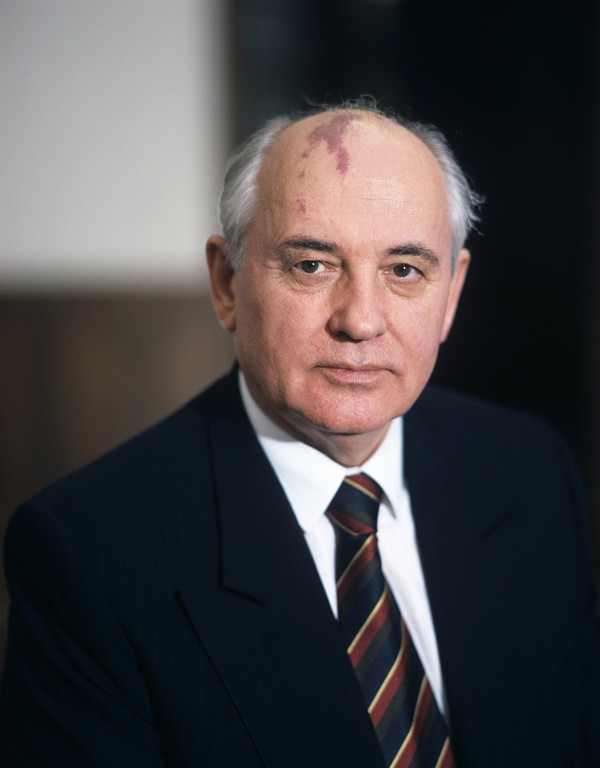Not many leaders have left their marks on 20th century history like Mikhail Gorbachev. On August 30, Gorbachev, the last leader of the Soviet Union, passed away in Moscow at the age of 91. During his six years as president, he tried to restructure the Soviet Union and its economy, reform the communist party and bring about change to dated ideas. In the process, he changed the map of Europe to what it is today. While he is hailed as a progressive futurist in the West, not many in the former Soviet Union agree — President Vladimir Putin, among others, has referred to the collapse of the USSR as the “greatest geopolitical catastrophe of the century”. Now, with his passing, the legacy he left behind is still debated among the opposing sides of world politics.
Gorbachev was a product and an anti-product of his environment. Growing up in rural USSR during the Stalin era, he was raised amidst suffering, hunger, and persecution in his village. Thus, when he joined the political realm in his younger days, he was among the reformists who longed for a different future. He was a devoted communist but his vision for the future differed with his predecessors. His flexibility was what made him one of the most consequential presidents of the 20th century. During his term, he oversaw the withdrawal of Soviet forces from Afghanistan after a nine-year long war, held a multi-party election, and promoted the free and widespread use of media and journalism. However, his biggest contribution was signing arms control and disarmament treaties with the US and helping end the Cold War after decades of division and nuclear tension. In addition, his reforms unleashed a series of peaceful revolutions in Eastern Europe, and factored in bringing down the “iron curtain”, a major step in unifying a highly divided Europe. For his contributions, he was awarded the Nobel Peace Prize in 1990.

Gorbachev’s politics was based on his policies of “glasnost” and “perestroika” — policies meant to promote a more open and liberal politics, shift from a state-run economy to market-run economy, and open the USSR to the outside world. However, his policies — especially his economic reforms — did not meet their intended goal. Instead, the sharp change in the country’s economic trajectory led to a shortage of basic necessities like food and consumer items. It also caused widespread corruption and empowered oligarchs. Therefore, while Gorbachev was praised by the Western political sphere, the situation at home was a stark contrast. The same year he was awarded the Nobel Prize, he faced increasing resistance and was vilified for the dire economic and political conditions. There was also violent suppression of protests in countries like Kazakhstan, Azerbaijan, Lithuania, Latvia, among others. The growing resistance of the independence movements and an attempted coup committed by frustrated party members weakened his power at the helm and led the Soviet Union to its eventual collapse.
The news of Gorbachev’s passing was as divisive as his presidency. For a few, it meant the passing of the glimpses of hopes of democracy they briefly experienced, but for others, it was just a reminder of the great old Soviet Union which they think was dismantled by unfortunate circumstances and bad leadership. For some, it is a reminder of independence obtained at a great cost through revolutions. For others, it is a reminder of bright hopes left hanging with broken promises.

